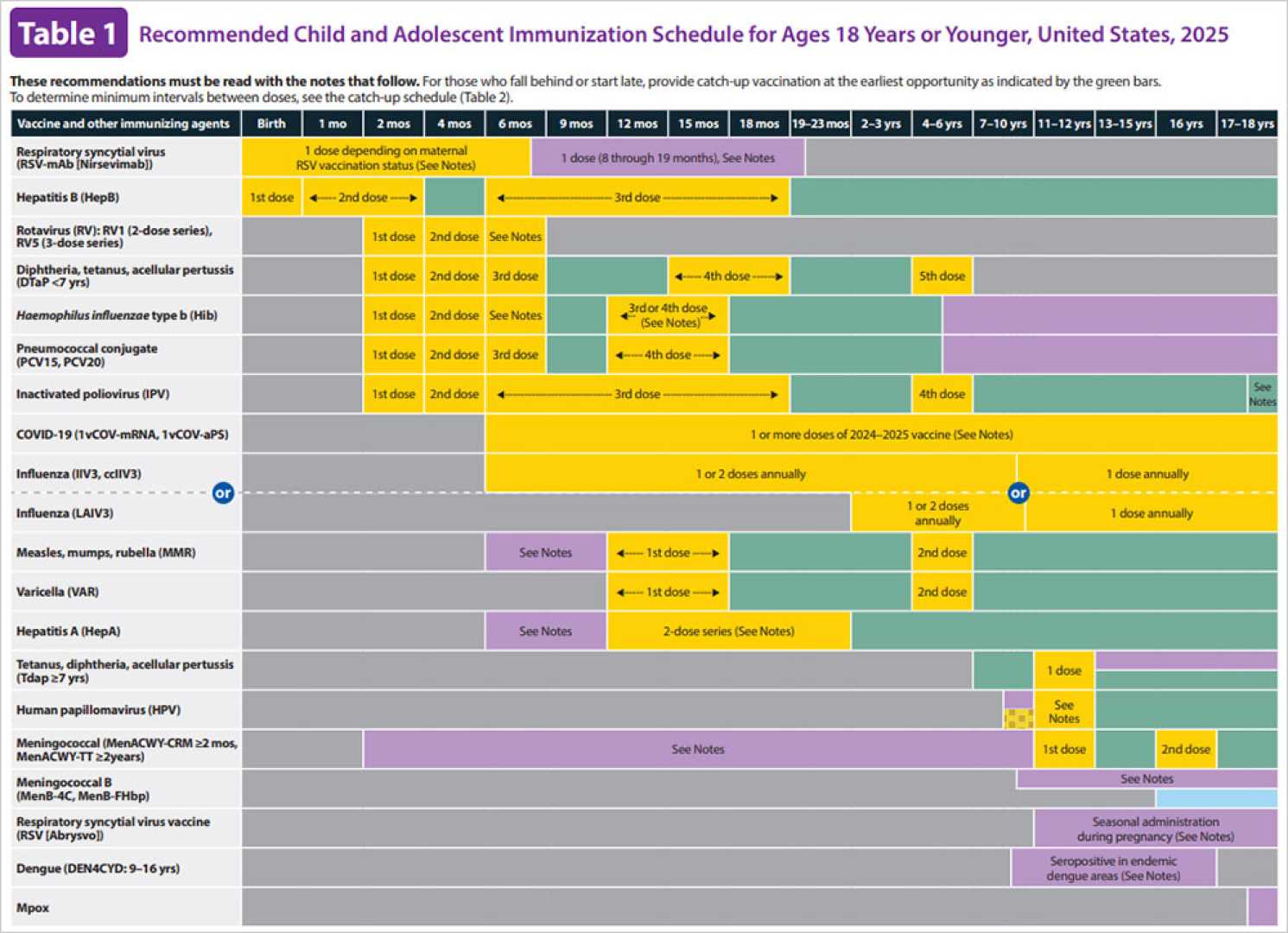Health
Cutting Gavi Funding Could Result in Over a Million Child Deaths

WASHINGTON, D.C. — A leading health organization has issued a stark warning that cutting U.S. funding for Gavi, an alliance dedicated to providing vaccines for children in impoverished countries, could lead to the preventable deaths of one million children. Dr. Sania Nishtar, head of Gavi, emphasized that this funding cut would have a “disastrous impact on global health security” at a time when the world needs assurance against outbreaks of preventable diseases.
The looming budget cuts follow an initial announcement from the Trump administration about potentially terminating financial support for Gavi. Currently, the U.S. is the third-largest donor to the alliance, contributing approximately $300 million annually—about 15 percent of Gavi’s total funding.
Dr. Nishtar reported that while Gavi has not yet received a termination notice, it is actively engaging with the White House and Congress to secure its funding for 2025 and beyond. She noted that without U.S. support, around 75 million out of 500 million children worldwide needing immunizations could go unprotected against deadly diseases like measles, tuberculosis, pneumonia, and polio.
“The consequences of this political decision will be catastrophic,” said Carrie Teicher, chief programs officer for Médecins Sans Frontières (Doctors Without Borders). Teicher echoed Gavi’s concerns, adding that cutting this essential funding would jeopardize global health efforts. Health experts warn that the loss of U.S. funding would undermine decades of progress in disease prevention.
Dr. Ngongo Ngashi, of the Africa Centres for Disease Control and Prevention, expressed similar support for Gavi, emphasizing the importance of routine vaccines and the urgent need for secure funding streams that are independent of U.S. financial decisions. “We are prioritizing routine vaccines, but we also know how crucial vaccines for emergencies are,” he stated.
The proposed funding cuts could undermine critical global vaccination efforts that contribute to safeguarding against diseases such as Ebola and cholera. Dr. Nishtar highlighted the efficiency of Gavi, stating that 97 cents from every dollar raised goes directly to immunization programs, making the prospect of U.S. funding cuts all the more concerning.
“If we don’t get U.S. support, that translates into 1.2 million deaths over the next five years,” Dr. Nishtar stressed, raising alarms about the broader implications for public health and the economies of developing nations.
A separate report from UNICEF, the World Health Organization, and the World Bank emphasizes that significant cuts in international aid could reverse years of progress in reducing child mortality rates, particularly in vulnerable regions. “If support for life-saving services is not sustained, many countries can expect a resurgence of newborn and child deaths,” warned UNICEF’s Associate Director of Health, Fouzia Shafique.
While the Trump administration has pledged to continue funding essential programs against HIV and tuberculosis and to provide food aid amid civil conflicts, the sweeping reductions could also impact Gavi’s ability to operate effectively.
The expected cuts to Gavi and other international aid programs are being closely monitored by health experts and humanitarian organizations, who emphasize the interconnectivity of global health and safety. “As we reflect on the COVID-19 pandemic, it has become even clearer that infectious diseases do not recognize borders,” remarked Dr. Jennifer Nuzzo, a professor of epidemiology at Brown University.
With discussions ongoing, Dr. Nishtar plans a visit to Washington next week to advocate for continued U.S. funding. “We hope that a final decision has not been made. Gavi is a best buy at a time when resources are constrained, prioritizing both child safety and global health security,” she said.
As advocacy efforts continue, the outcome of this situation remains critical not only for the health of children in developing countries but also for global health security as a whole.












